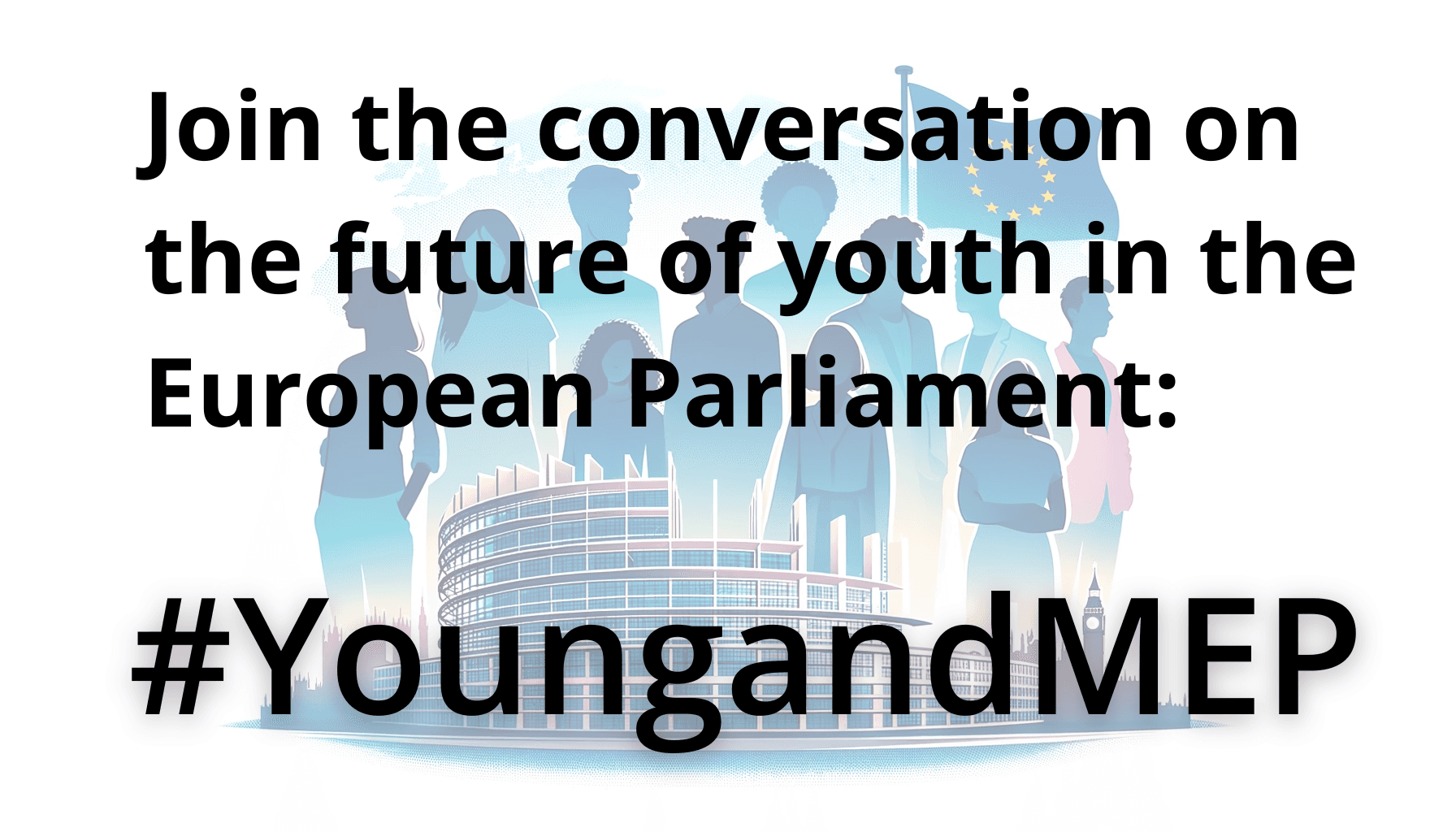Looking back at the last legislative term, what were the most significant achievements or challenges you faced as a young member of the European Parliament?
Looking back, I expected more age-based challenges in the European Parliament, than I have faced in the end. To my surprise, I found the diversity of our Renew Europe group to be a refreshing contrast to my previous experience in the National Council of Austria.
Yet, challenges persist, including for example the lack of recognised parental leave for young parents, forcing us to take a difficult decision: to care for our newborns or represent our constituents. To tackle this problem, I am advocating, alongside some of my colleagues, for a modern parliament that acknowledges parental leave, allows digital voting, and permits colleagues to vote on one's behalf when necessary. In the Europe of the 21st century, young parents should be able to fully participate in the political process without any impediment.
They should not have to second-guess their choice to run for European Parliament because they cannot take maternity or paternity leave with a proper replacement. In short: time to drag our parliaments into the 21st century.
To make the voices of young people heard, I hold the national parties accountable.
How do you think your age and generational perspective have influenced your work and decision-making in the European Parliament? Can you provide examples of issues where your perspective differed from older colleagues?
One example where I could see a clear divide between the generations was the matter of remote working. The younger generation in the European Parliament has experienced first-hand the benefits of remote working during the Covid-19 pandemic being that we can actually spend time in our constituencies and be in contact with the citizens that we represent.
To this end, we formed the "Young Europeans" group, highlighting the advantages of remote work, particularly for young parents, to the presidency. We are actively paving the way for a modern parliament, a place where we have the space to concentrate on our duties, rather than spending our days accumulating air miles on weekly flights to Brussels.
Have you encountered any obstacles or biases in the European Parliament based on your age?
Admittedly, there have been moments where lobbyists have attempted to 'mansplain' my own field of expertise to me, but these rare incidents were based on gender rather than age.
What are your expectations and priorities for the upcoming legislative term in the European Parliament? Are there specific issues or policies that you believe require urgent attention, especially from a youth perspective?
For the next legislative term, I have two words: Green Deal. The next generation of MEPs will have to strike a balance between meeting our climate goals and establishing Europe as a competitive, thriving region. Our actions today impact the generations to come, and it is our duty to shoulder that responsibility. A liveable future demands consistent, effective and innovative climate policies.
In light of recent youth-led movements and activism across Europe, such as climate strikes and social justice movements, how do you see the role of young MEPs in amplifying these concerns and translating them into policy actions at the European level?
Young MEPs have a crucial role to play. We need to approach politics differently from previous generations by fostering open dialogue with voters. We have an obligation to closely listen to the voices of the young people who take to the streets and, equally importantly, to provide them with a clearer understanding of the workings of the parliament, including the significance of the Green Deal.
Our goal is to stay closer to the citizens and in constant discussion, rather than always being up in the air on our way to Brussels.
The European Parliament should serve as a mirror reflecting the society it represents. It should be as diverse, vibrant, and multifaceted as the European population itself.
How do you see the overall representation of young people in the European Parliament? What reforms or changes would you advocate for to enhance the representation and voice of young MEPs in the future?
As said before, overall, I feel positive about the representation of young people in the European Parliament— especially in comparison to my prior workplace, the National Council of Austria.
To make the voices of young people heard, I hold the national parties accountable. I strongly believe it's the responsibility of national parties to foster an environment that appeals to younger generations. They should proactively open up their candidate lists and make the idea of running for office an attractive and feasible prospect for young individuals.
Ultimately, the European Parliament should serve as a mirror reflecting the society it represents. It should be as diverse, vibrant, and multifaceted as the European population itself.
The most important files Gamon worked on for the last legislative term 2019-2023:
Report on a comprehensive European approach to energy storage
Market Manipulation Regulation
Renewable and Natural Gases Directive
Aviation Emission Directive
Trans-European Energy Infrastructure Regulation
Read more on EUobserver:
Caruana Galizia family urges EU not to fund 'corrupt' gas pipeline


